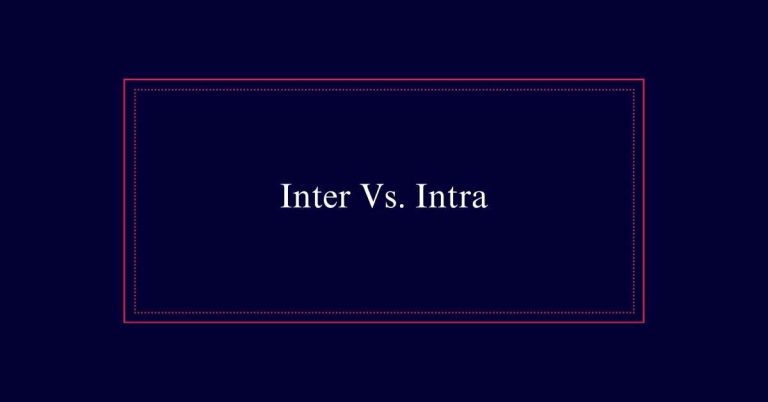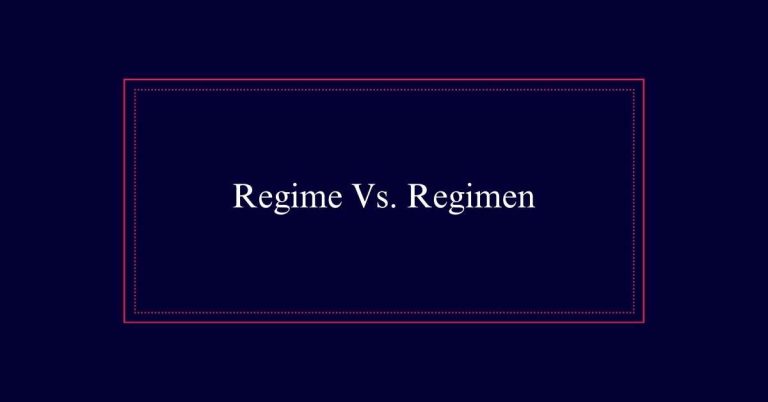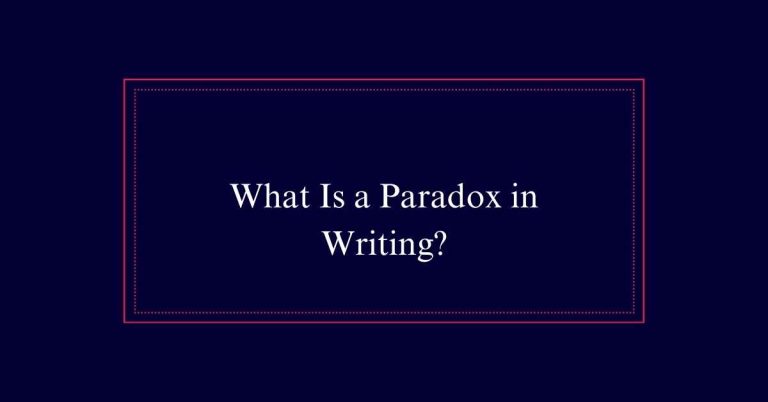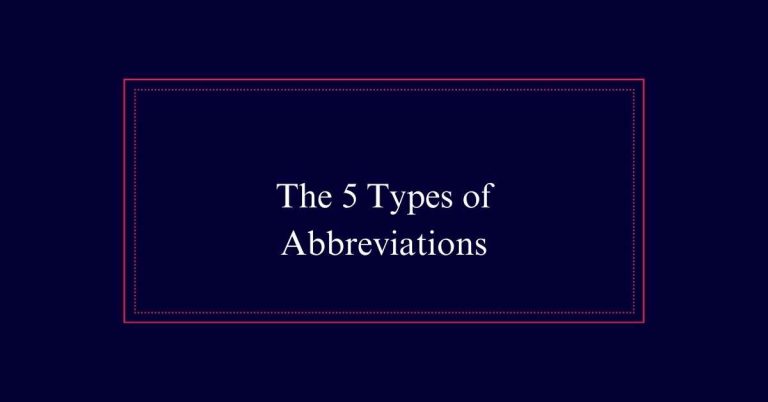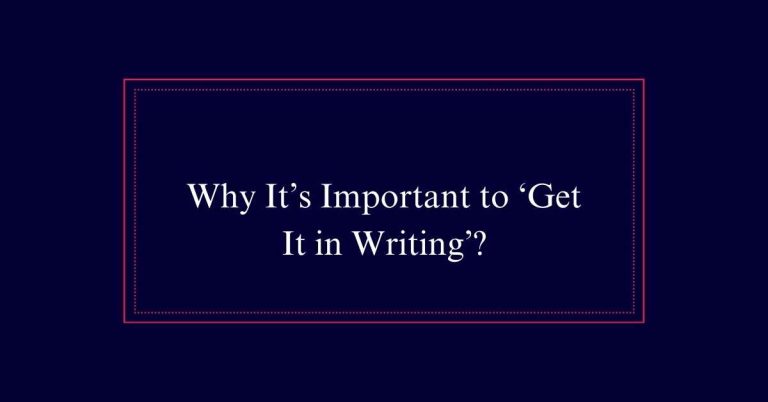Affective Vs. Effective
‘Affective’ and ‘effective’ serve different purposes in communication. ‘Affective’ pertains to emotions and their expression, influencing how we feel and behave. It is important in fields like psychology and education where emotional engagement is key. On the other hand, ‘effective’ refers to achieving a desired result efficiently. It is used to describe actions or strategies that accomplish specific goals, critical in business and technology.
Defining Affective
Affective describes anything influenced by or expressing emotions. It pertains to how emotions manifest and influence behaviors and actions. Derived from the noun ‘affect,’ affective refers to the emotional dimension in various contexts.
For example, in psychology, ‘affect’ is the observable expression of emotion. An affective response is one driven by feelings, such as joy, sadness, or anger. This term is important in fields like education, therapy, and communication, where understanding emotional influences is essential.
Defining Effective
What does it mean for something to be effective?
To be effective means achieving a desired result or outcome. An effective action or strategy accomplishes its intended purpose with efficiency. This term is often used in various contexts, such as business, education, and technology, to measure success.
Key characteristics of effectiveness include:
- Vital: Focused on achieving specific objectives.
- Essential-driven: Produces measurable outcomes.
- Critical: Utilizes resources wisely.
- Indispensable: Consistently achieves the desired effect.
- Impactful: Makes a significant difference.
Emotions Vs. Outcomes
Understanding the Latin origins of affective and effective sheds light on their distinct focuses: emotions versus outcomes. Affective, derived from ‘affectus,’ pertains to feelings and emotional responses.
Effective, stemming from ‘effectus,’ emphasizes achieving desired results. Recognizing this difference can guide appropriate word usage.
- Affective: Related to emotions, mood, and feelings.
- Effective: Concerned with the success and results of actions.
- Affective communication: Engages emotions to connect with others.
- Effective strategies: Implemented to achieve specific goals.
- Affective behavior: Driven by emotional states and dispositions.
Affective in Psychology
In psychology, affective refers to the observable expressions of emotion and mood. This includes facial expressions, tone of voice, and body language that convey feelings.
The term ‘affect’ is used to describe these visible emotional responses. For example, a person smiling or frowning provides insight into their emotional state. Affective states can be fleeting, like a momentary expression of joy, or more enduring, such as long-term sadness.
These expressions are essential for understanding human interactions and mental health. Clinicians often assess affect to diagnose and treat emotional disorders.
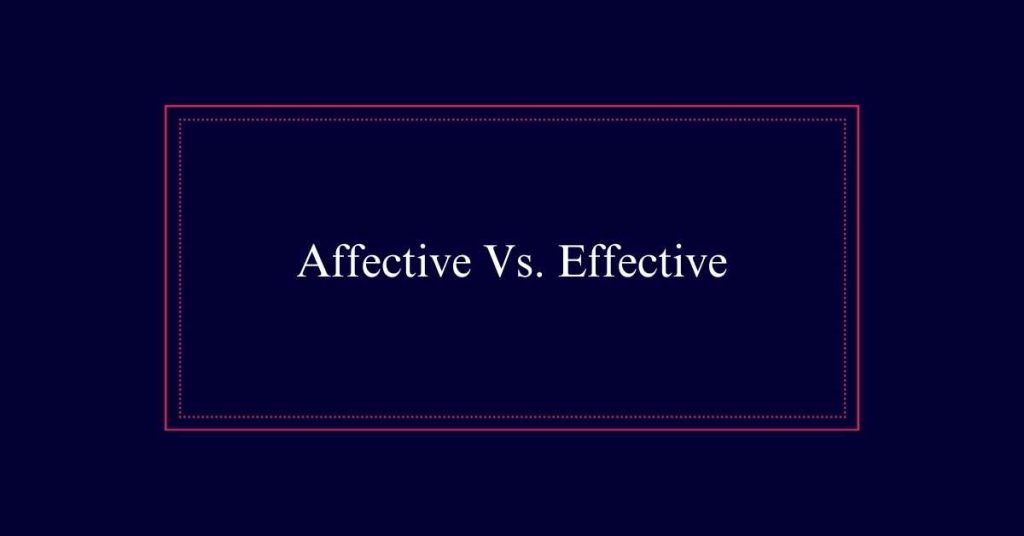
Effective in Practice
Effective practices yield tangible results across various domains. This approach guarantees that actions taken lead to the desired outcomes. Whether in business, education, healthcare, or everyday life, the effectiveness of a method can be evaluated through its results.
Consider these examples:
- Business: Implementing effective marketing strategies increases sales.
- Education: Effective teaching techniques improve student performance.
- Healthcare: Effective treatments lead to better patient recovery rates.
- Technology: Effective software solutions enhance user experience.
- Personal Development: Effective time management boosts productivity.
Common Confusions
Despite the clear distinction between affective and effective, many people often confuse the two terms. This confusion stems from their similar spelling and pronunciation.
Affective relates to emotions and feelings, while effective refers to achieving a desired result. The word ‘affective’ comes from the noun ‘affect,’ which in psychology, denotes observable emotional expressions. On the other hand, ‘effective’ is derived from the noun ‘effect,’ which means a result or outcome.
Sentence Examples
Understanding the difference between affective and effective becomes clearer with practical sentence examples. Consider the following sentences to illustrate their distinct uses:
- *The teacher adopted an affective approach to connect with her students emotionally.*
- *Affective disorders can influence a person’s mood to a great extent.*
- *He employed affective storytelling to engage the audience.*
These examples highlight how ‘affective’ pertains to emotions and feelings.
- *The new software proved to be highly effective in increasing productivity.*
- *The marketing campaign was effective in boosting sales by 20%.*
Real-World Applications
In various professional fields, distinguishing between affective and effective is essential for achieving specific goals.
In healthcare, affective communication can improve patient trust and compliance, while effective treatments guarantee positive health outcomes.
In education, affective teaching methods engage students emotionally, fostering motivation, whereas effective strategies maximize learning and retention.
Business leaders use affective skills to build strong team dynamics and morale. In contrast, effective management practices drive productivity and profitability.
In marketing, affective campaigns connect with consumers on an emotional level, while effective marketing achieves sales targets.
Enhancing Language Precision
Mastering the distinction between affective and effective enhances language precision and clarity. Clear communication is crucial in professional and academic settings, and understanding these terms can prevent misunderstandings.
- Affective: Relates to emotions or feelings. For example, ‘The movie had an affective impact on the audience.’
- Effective: Pertains to achieving a desired result. For instance, ‘The new policy is effective in reducing costs.’
- Context: Using the right word based on context improves message accuracy.
- Examples: Regularly reviewing examples of both words in sentences helps solidify understanding.
- Practice: Consistently practicing their usage in writing and speech enhances proficiency.


